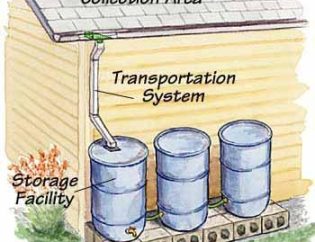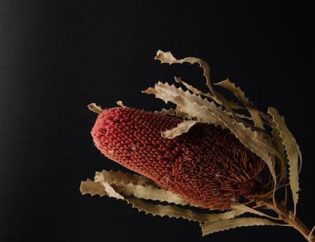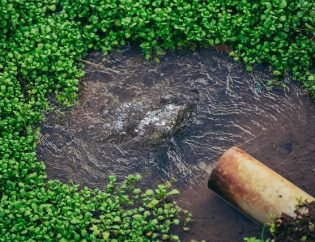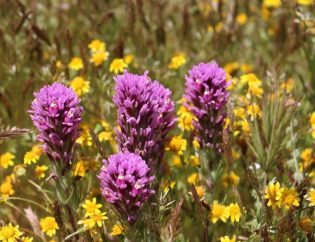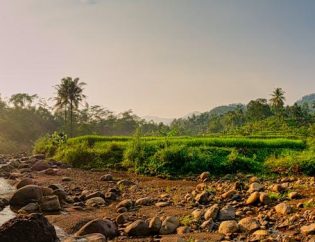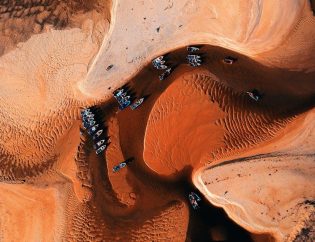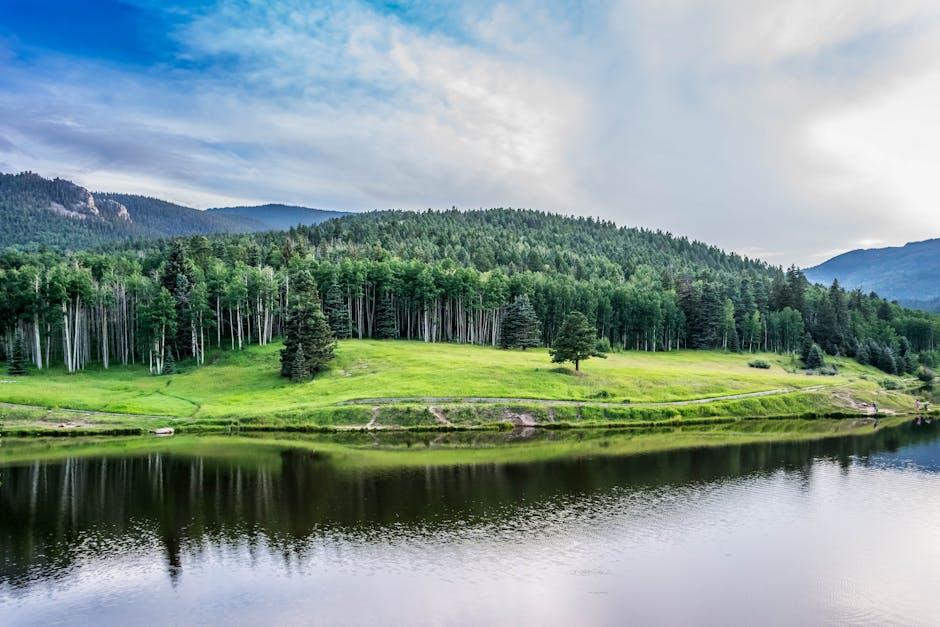
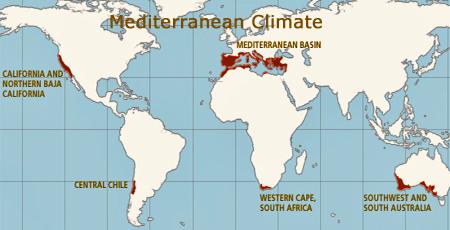
Understanding the San Diego Climate and Its Impact on Landscaping Choices
Living in San Diego means navigating through its unique climate, which can make choosing the right landscaping options a bit challenging. With the city’s Mediterranean climate, characterized by mild, wet winters and hot, dry summers, it’s important to choose plants that can thrive in these conditions.
When it comes to landscaping in San Diego, it’s all about finding plants that can handle the heat and drought conditions. Succulents like aloe vera and agave are great options for those looking for low-maintenance plants that can still add a pop of color to their landscape. Plus, they’re perfect for those of us who forget to water our plants (guilty as charged!).
For those looking to add some shade to their outdoor space, consider planting some palms or native trees like the majestic Torrey Pine. These trees not only provide much-needed shade during those scorching summer days but also help to create a more lush and tropical feel to your yard.
Lastly, don’t forget to incorporate some drought-tolerant ground cover like ice plant or wildflowers to help prevent erosion and add some visual interest to your landscape. And remember, gardening in San Diego is all about finding that perfect balance between beauty and practicality!
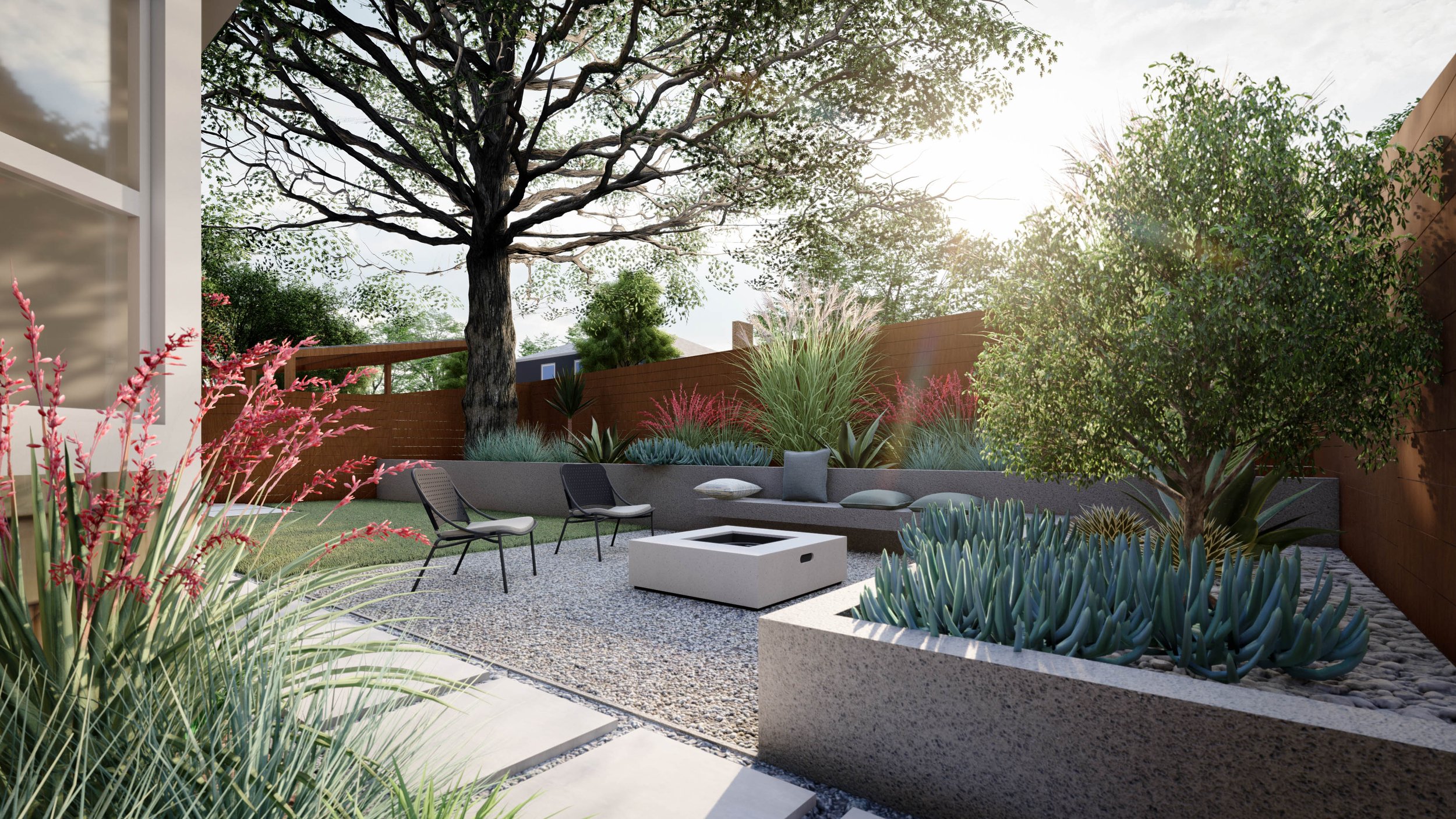
Selecting Drought-Resistant Plants for Your Garden Oasis
When it comes to creating your own garden oasis, selecting drought-resistant plants is key to ensuring your plants stay thriving and lively. No one wants a wilting oasis, am I right?
So, how do you go about choosing the perfect plants that can handle the heat and lack of water like a champ? Well, I’m here to spill the secret to success. First off, consider plants that are native to arid climates. They’re basically the desert warriors of the plant world. Think succulents, cacti, and desert shrubs. These bad boys thrive on neglect and will make your garden look like a lush paradise.
Next, mix things up with some Mediterranean herbs like rosemary, sage, and thyme. These herbs not only add a pop of fragrance to your oasis but also require minimal watering. Plus, they’re perfect for adding some flavor to your summer BBQs. Who knew drought-resistant plants could be so multi-talented?
And let’s not forget about ornamental grasses. They may not sound as glamorous as colorful flowers, but they sure know how to add some pizazz to your garden. Plus, they’re super low maintenance and can handle the heat like a boss. Throw in some fountain grass or blue fescue for a touch of drama in your oasis.

Innovative Irrigation Techniques to Maximize Water Efficiency
Who knew watering your plants could be so exciting? With these innovative irrigation techniques, you can maximize water efficiency while feeling like a gardening superhero. Say goodbye to wasted water and hello to lush, thriving gardens.
First up, we have the *drip irrigation system*. This method delivers water directly to the base of your plants, minimizing evaporation and runoff. It’s like giving your plants a personalized drink instead of forcing them to share a communal watering can. Plus, you can easily control the flow of water to each plant, ensuring they all get just the right amount.
Next on our list is *mulching*. Not only does mulch look stylish in your garden, but it also helps retain moisture in the soil. Think of it as a cozy blanket for your plants, keeping them warm and hydrated. Say goodbye to parched roots and hello to happy, hydrated plants.
Lastly, consider installing a *rainwater harvesting system*. Why rely on boring old tap water when you can collect rainwater for free? Set up a system to catch rain from your roof and store it in barrels. Not only will you save money on your water bill, but you’ll also be reducing your environmental impact. It’s a win-win for both your garden and the planet.

Incorporating Hardscaping Elements to Reduce Water Use
Looking to add some pizzazz to your outdoor space while also conserving water? Look no further than incorporating hardscaping elements into your landscape design!
One way to reduce water use is by installing a beautiful stone patio or walkway. Not only will this add a touch of elegance to your yard, but it will also eliminate the need for thirsty grass in those areas. Plus, a stone patio is the perfect spot for hosting summer barbecues or just soaking up the sun with a good book.
Another hardscaping element to consider is a decorative rock garden. These low-maintenance features not only add visual interest to your yard, but they also require little to no watering. Simply arrange a variety of rocks in a visually appealing way, add some drought-resistant plants, and voila! You have yourself a water-wise garden that will impress your neighbors.
And let’s not forget about incorporating a water feature into your outdoor oasis. While this may seem counterintuitive to reducing water use, opting for a recirculating fountain or pond can actually help attract birds and other wildlife to your yard, while also providing a soothing ambiance for you to enjoy. Plus, the sound of running water can be a great way to drown out the noise of the neighbor’s yappy dog!
Creating Shade and Microclimates for Water Conservation
When it comes to conserving water in your garden, creating shade and microclimates can be a game-changer. Not only does it help reduce the amount of water needed for your plants, but it also adds a touch of style to your outdoor space.
One way to create shade is by planting tall trees or installing a pergola. Not only will this provide relief from the scorching sun, but it will also help reduce water evaporation from the soil. Plus, who doesn’t love a cozy spot to relax in on a hot summer day?
Another fun way to create microclimates is by adding a variety of plants with different water needs. This not only adds visual interest to your garden but also helps you save water by grouping plants together that have similar watering requirements. Plus, it’s a great conversation starter for when guests come over and ask why you have a desert cactus next to a tropical fern.
So, next time you’re thinking about how to conserve water in your garden, think outside the box and get creative with creating shade and microclimates. Your plants will thank you, and you’ll have a stylish outdoor oasis to show off to your friends and neighbors.
The Role of Mulch in Retaining Soil Moisture and Enhancing Plant Health
Mulch – the unsung hero of the gardening world. Not only does it add a touch of flair to your flower beds, but it also plays a crucial role in retaining soil moisture and keeping your plants healthy and happy.
Picture this: a sunny day, a gentle breeze, and your plants basking in the glory of their mulch blanket. Just like sunscreen for your skin, mulch acts as a protective barrier, shielding the soil from the harsh rays of the sun and preventing moisture loss through evaporation.
But wait, there’s more! Mulch doesn’t just stop at retaining soil moisture. It also helps to regulate soil temperature, suppress weeds, and improve soil structure. It’s like having a personal assistant for your garden, taking care of all the nitty-gritty details so you can sit back and enjoy the fruits of your labor.
So next time you’re out in the garden, take a moment to thank your trusty mulch for its hard work. After all, it’s the unsung hero that keeps your plants thriving and your garden looking top-notch.
Maintaining Your Low-Water Landscape through the Seasons
So, you’ve put in all the hard work to create a low-water landscape that’s both eco-friendly and beautiful to look at. But how do you maintain it through the changing seasons without breaking a sweat? Fear not, we’ve got you covered!
First things first, make sure to check your irrigation system regularly to ensure that it’s functioning properly. It’s like giving your plants a spa day – they need that nourishing water to thrive and grow. If you notice any leaks or malfunctions, don’t hesitate to call in the “plumbing squad” to fix it ASAP.
Another key tip is to plant a variety of drought-tolerant plants that can withstand the heat of summer and the chill of winter. Think of it as assembling a diverse squad of superheroes to protect your landscape from Mother Nature’s unpredictable antics.
Lastly, don’t forget to mulch, mulch, mulch! It’s like tucking your plants in for a cozy nap – the mulch retains moisture, suppresses weeds, and adds a touch of style to your landscape. Plus, your plants will thank you by looking fresh and fabulous all year round.
FAQs
What are some low-water plants that thrive in San Diego?
Some of the best low-water plants for your San Diego oasis are succulents like agaves and aeoniums, as well as drought-tolerant native plants like California lilac and sagebrush.
How can I design my landscaping to maximize water conservation?
Strategic placement of plants, using mulch to retain moisture, and incorporating a drip irrigation system are all great ways to ensure your San Diego oasis stays green without wasting water.
What are some hardscaping options that require minimal water?
Consider using gravel pathways, decorative rocks, and drought-tolerant succulents in rock gardens to minimize the need for watering while still adding beauty to your landscaping.
How can I maintain my low-water oasis in San Diego?
Regularly check your irrigation system for leaks, trim back overgrown plants to conserve water, and monitor the soil moisture levels to ensure your oasis stays lush and thriving without excessive water usage.
Time to Transform Your San Diego Landscape into a Low-Water Oasis!
So go ahead, grab your gardening gloves and shovel, and get ready to turn your yard into a beautiful, low-water oasis that will make your neighbors green with envy (pun intended). With a little creativity and some hard work, you can cultivate a stunning landscape that not only thrives in our San Diego climate, but also conserves precious water resources. So say goodbye to water-guzzling lawns and hello to a landscape that’s as sustainable as it is stunning. Happy gardening!

